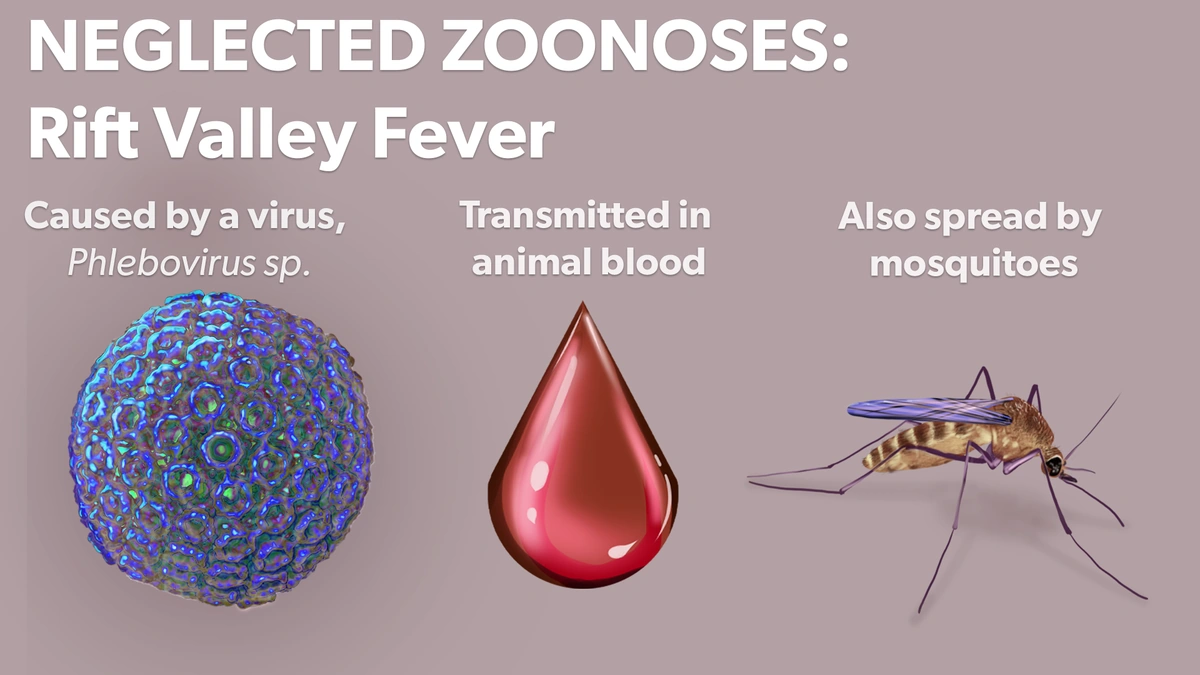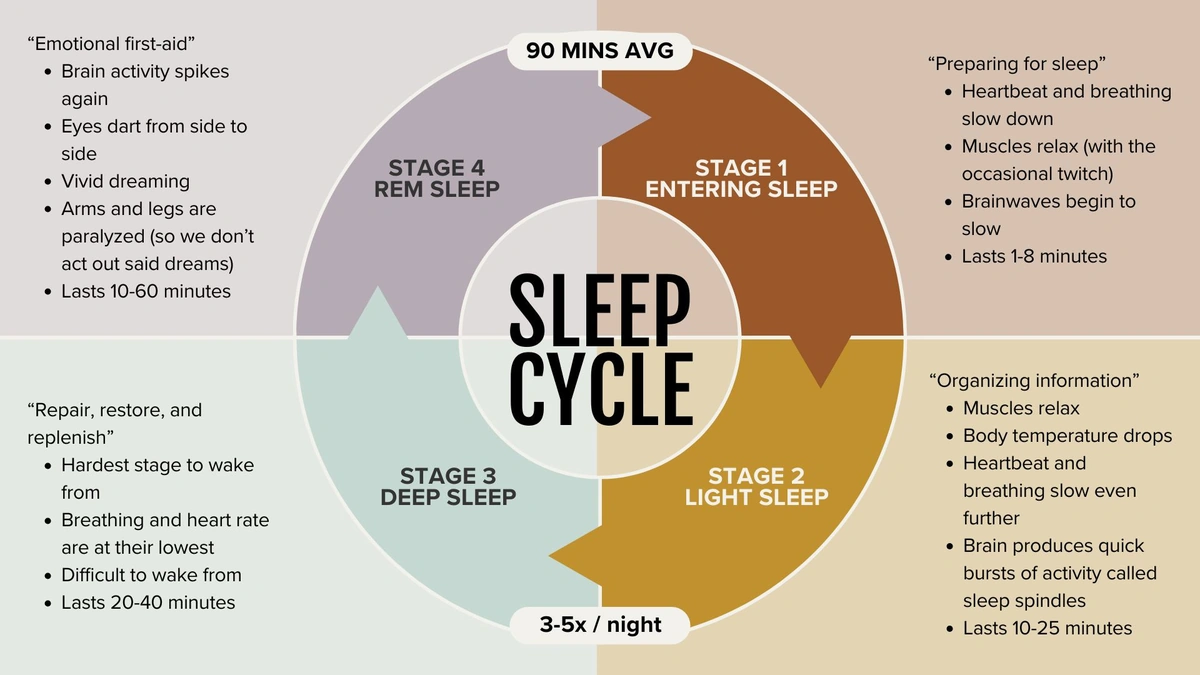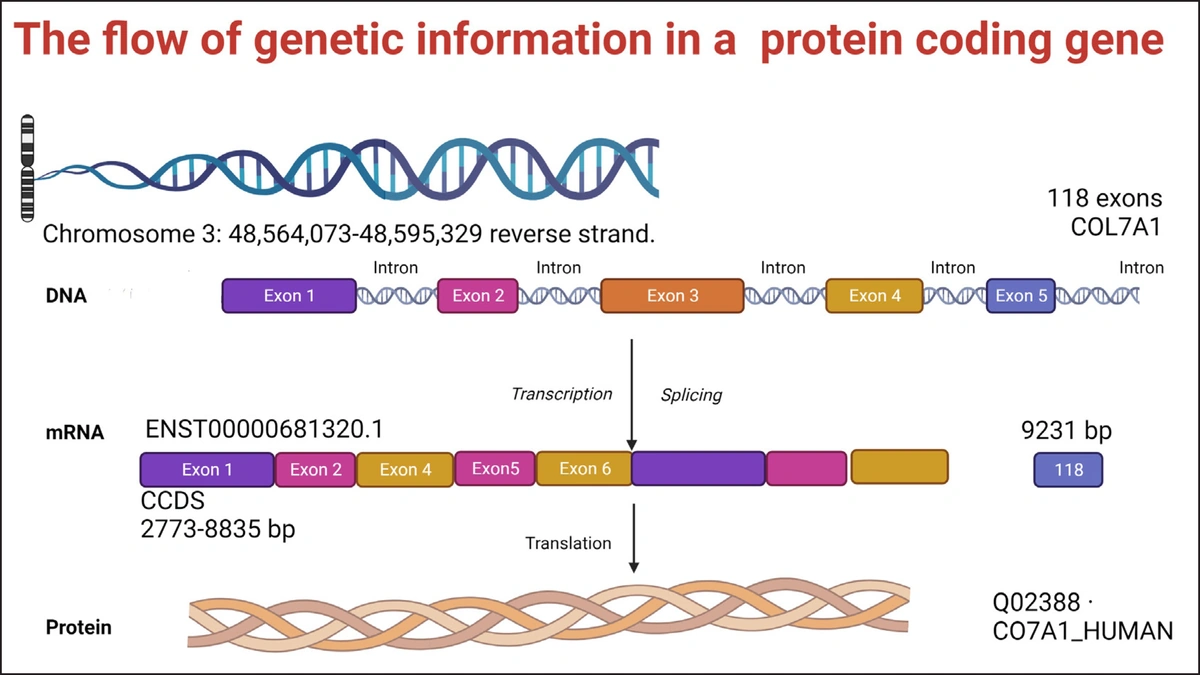Tech Worker’s Burnout Symptoms Actually Due to Common Vitamin Deficiency
Burnout. The buzzword of the decade, right? We hear it constantly, especially in demanding fields like tech. But what if those crushing feelings of exhaustion, cynicism, and ineffectiveness aren’t just burnout? What if a simple vitamin deficiency is playing a sneaky role? Let’s be honest, that thought probably hasn’t crossed your mind.
Here’s the thing: in the relentless pursuit of deadlines and innovation, many tech workers are unintentionally neglecting a vital aspect of their well-being – their nutritional health. It’s easy to see how it happens. Grabbing quick, convenient meals, skipping breaks, and fueling up on caffeine become the norm. But this lifestyle can lead to deficiencies in essential vitamins that are crucial for energy production, mood regulation, and overall cognitive function.
The Unexpected Link: Why Vitamin Deficiency Mimics Burnout

I initially thought, “Vitamin deficiencies, seriously? That’s so basic.” But then I realized how profoundly these deficiencies can affect us, especially when we’re already under pressure. The symptoms often overlap with those of burnout, making it difficult to distinguish between the two. And that’s where the problem lies.
For instance, a lack of vitamin D , often called the “sunshine vitamin,” can cause fatigue, muscle weakness, and mood changes – all classic burnout symptoms. Similarly, deficiencies in B vitamins , particularly B12, can lead to cognitive difficulties, such as poor concentration and memory, further exacerbating feelings of overwhelm and ineffectiveness. And a magnesium deficiency can cause muscle cramps, fatigue and headaches. It’s a triple whammy when you think about it. You’re already stressed from work and now your body is undernourished and screaming for help.
So, why does this matter? Because misdiagnosing a vitamin deficiency as burnout can lead to ineffective coping strategies. Instead of addressing the root cause – the lack of essential nutrients – individuals may focus solely on stress management techniques, such as meditation or yoga, which, while beneficial, may not fully resolve the underlying issue.
Decoding the Deficiency | Common Culprits in the Tech World
Let’s dive into some of the specific vitamin deficiencies that are prevalent among tech professionals:
- Vitamin D: We, especially in India, often spend most of our time indoors, depriving ourselves of sunlight exposure. This is a major contributing factor to vitamin D deficiency. A common mistake I see people make is assuming that they’re getting enough vitamin D from their diet alone. While some foods are fortified with vitamin D, it’s often not enough to meet the body’s needs.
- B Vitamins: High stress levels can deplete B vitamins, which are essential for nerve function and energy production. Processed foods, often the go-to option for busy professionals, are typically low in B vitamins.
- Magnesium: This mineral is crucial for muscle relaxation, nerve function, and energy production. It’s often lost through sweat and stress, and it isn’t naturally in many common foods.
I initially thought this was straightforward, but then I realized that simply knowing about these deficiencies isn’t enough. It’s about understanding why they occur in the first place and taking proactive steps to prevent them.
The “How” Angle: Actionable Steps to Combat Vitamin Deficiency
Okay, so we’ve established that vitamin deficiencies can masquerade as burnout and that certain deficiencies are more common among tech workers. Now, let’s get practical. Here’s how you can take control of your health and well-being:
- Get Tested: The first step is to determine your vitamin levels through a blood test. Consult with your doctor or a registered dietitian to get personalized recommendations. As per the guidelines mentioned in the information bulletin, you should never self-diagnose.
- Optimize Your Diet: Focus on whole, unprocessed foods rich in vitamins and minerals. Incorporate plenty of fruits, vegetables, lean proteins, and healthy fats into your diet. If you are looking for a diet plan, consider reading this plan.
- Consider Supplementation: If you’re deficient in certain vitamins, supplementation may be necessary. However, it’s crucial to consult with a healthcare professional to determine the appropriate dosage and form of supplementation.
- Prioritize Sunlight Exposure: Aim for at least 15-20 minutes of sunlight exposure daily to boost your vitamin D levels.
- Manage Stress: Implement stress management techniques, such as meditation, yoga, or spending time in nature, to minimize the depletion of B vitamins and magnesium.
Real Talk | Making It Happen in the Real World
Let’s be honest, changing your habits isn’t easy. It takes conscious effort and a commitment to prioritizing your health. But the rewards are immense – increased energy, improved mood, enhanced cognitive function, and a greater sense of overall well-being. Start small. Maybe it’s swapping that afternoon coffee for a handful of almonds or taking a 10-minute walk outside during your lunch break.
What fascinates me is how often we overlook the simple things that can have a profound impact on our health. We’re so focused on optimizing our code, our processes, and our performance that we forget to optimize our own bodies. And that’s a critical oversight.
Beyond the Basics: The Gut-Vitamin Deficiency Connection
Here’s where things get even more interesting. The health of your gut plays a significant role in vitamin absorption . If you have digestive issues, such as irritable bowel syndrome (IBS) or leaky gut, your body may not be able to effectively absorb vitamins from the food you eat. This can lead to deficiencies even if you’re consuming a healthy diet.
To support gut health, consider incorporating probiotic-rich foods into your diet, such as yogurt, kefir, and sauerkraut. You may also want to consult with a healthcare professional about taking a probiotic supplement. A common mistake I see people make is assuming that all probiotics are created equal. It’s important to choose a probiotic that contains strains that are specifically beneficial for your individual needs. You might have other health concerns like infant diabetes gene. So you have to consult a doctor before choosing anything.
FAQ
Could my frequent headaches be related to a vitamin deficiency?
Yes, deficiencies in vitamins like magnesium and certain B vitamins can contribute to headaches. Consult your doctor.
What if I’m already taking a multivitamin? Is that enough?
Not necessarily. Multivitamins may not contain optimal doses of all vitamins. Get your levels checked to determine if you need additional supplementation.
Can stress really deplete my vitamin levels?
Absolutely. Chronic stress can deplete B vitamins and magnesium, which are crucial for nerve function and energy production.
How long does it take to correct a vitamin deficiency?
It varies depending on the severity of the deficiency and individual factors. It can take several weeks to months to see significant improvements.
What are the best food sources of vitamin D?
Fatty fish (salmon, tuna), egg yolks, and fortified foods like milk and cereal are good sources of vitamin D.
So, the next time you’re feeling the familiar pangs of burnout, take a step back and consider the possibility of a vitamin deficiency . It might just be the missing piece of the puzzle to unlocking your full potential and reclaiming your well-being. Prioritizing your health and nourishment is not selfish; it’s essential for sustained success and happiness in the long run. This is especially important given the prevalence of mental health challenges in the tech industry, so take control!













